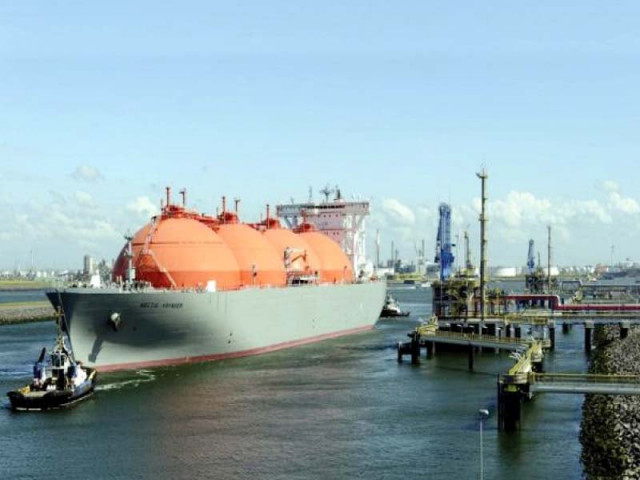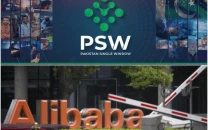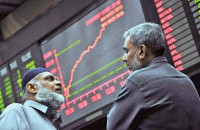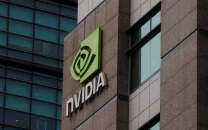Intense lobbying delays LNG import from Qatar
Buyers reluctant to provide firm payment guarantees

Pakistan and Qatar have so far been unable to sign a gas sale and purchase agreement as buyers in Pakistan have not provided firm payment guarantees. PHOTO: AFP
Pakistan and Qatar have so far been unable to sign a gas sale and purchase agreement as buyers in Pakistan have not provided firm payment guarantees. Doha is seeking immediate release of money for LNG supply.
Among potential LNG buyers, the Ministry of Petroleum and Natural Resources is pressing power producing companies to receive LNG for consumption in their plants, though they have refused to issue firm payment guarantees.
However, compressed natural gas (CNG) filling stations are the only consumers that have no alternative fuel and have been waiting for a long time for LNG supply following approval of a policy by the Economic Coordination Committee (ECC), which has cut general sales tax from 17% to 5% and waive gas infrastructure development cess (GIDC).
It also agreed that a special purpose vehicle will supply LNG and approved incentives to keep LNG 30% cheaper for CNG stations compared to petrol.
However, Sui Northern Gas Pipelines Limited (SNGPL), a state-owned gas distribution company, barred Universal Gas Distribution Company, which was established by CNG station owners, from entering into any arrangement with Pakistan State Oil (PSO) for LNG supply.
“Universal Gas Distribution Company cannot enter into any third-party arrangements with PSO for supply of re-gasified LNG, nor can it hold the title of RLNG, since it will be against the Ogra statue. Any viable option left is to transfer the title of RLNG to SNGPL which will deliver it to CNG stations at the price notified by Ogra,” said SNGPL in a letter sent to the petroleum ministry on May 11.
The CNG station owners had declared that they would give up demand for natural gas produced locally if imported LNG was provided to them. Petroleum Minister Shahid Khaqan Abbasi had also stated at a press conference that CNG stations were not barred from importing LNG through PSO.
The CNG station owners have signed agreements for LNG purchase with top companies at less than $7 per million British thermal units (mmbtu) against $8 per mmbtu paid by PSO for spot purchases.
“We made arrangements after the policy approved by the government, but are now facing an uncertain future,” a source in the CNG industry said. According to him, all efforts are being made to regulate the LNG business through a weighted average price due to lobbying by groups in order to put the burden of LNG on all those consumers who will not be using it.
Published in The Express Tribune, May 20th, 2015.
Like Business on Facebook, follow @TribuneBiz on Twitter to stay informed and join in the conversation.



















COMMENTS
Comments are moderated and generally will be posted if they are on-topic and not abusive.
For more information, please see our Comments FAQ